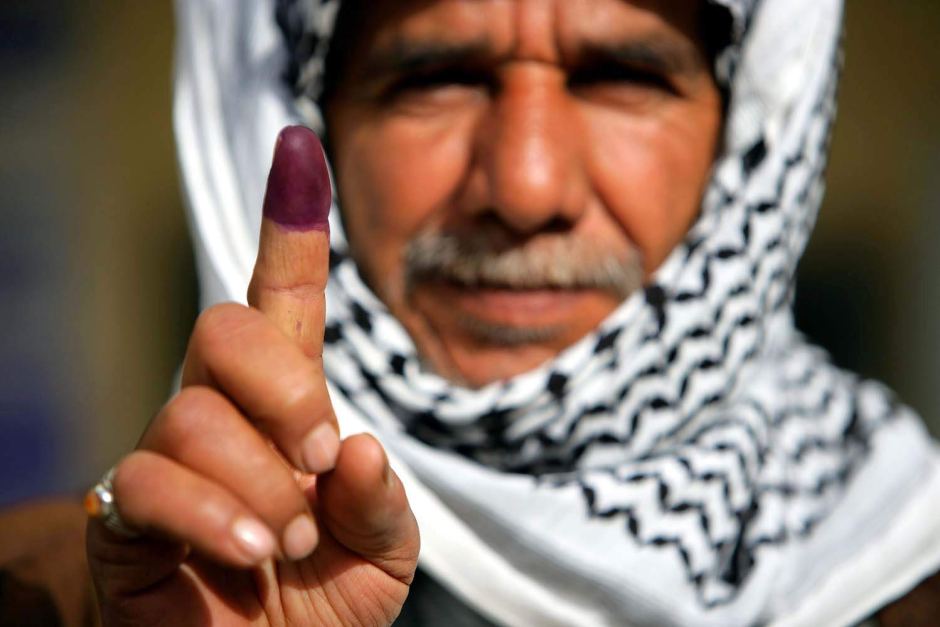Home » After years of conflict, Iraq seeks unity ahead of Saturday’s vote
After years of conflict, Iraq seeks unity ahead of Saturday’s vote


After declaring victory over ISIS in December, Iraq’s PM Haider al-Abadi runs for his second term today in regularly scheduled legislative elections. Al-Abadi has a high 79% approval rating and a platform seeking to transcend sectarian lines.
During al-Abadi’s tenure, ISIS rose and fell, as did a Kurdistani independence bid. These victories have united much of the population behind al-Abadi, a Shi’ite, but both events underline major challenges for the next government.
In a population divided between the Shi’ite majority, Sunnis and Kurds, Iraqi governments have often disenfranchised large swaths of the citizenry. These sectarian divides gave rise to violence from both Kurdish and Sunni extremist groups.
Elections should be more competitive than previously, with five Shi’ite parties alone. Neither al-Abadi, nor any single party will win an outright majority, making coalition government necessary.
For Iraq to rebound from its war with ISIS, this coalition must reach across sectarian lines. Al-Abadi especially has emphasised national unity and universal economic development. If Iraq’s next government capitalises on this solidarity with a Shi’ite-Sunni coalition, sectarian tensions could dissipate, but failure to do so could plunge the region into renewed conflict.
Wake up smarter with an assessment of the stories that will make headlines in the next 24 hours. Download The Daily Brief.
Josh analyses the economic impacts of geopolitical developments in emerging economies. He contributes regularly to The Daily Brief.

